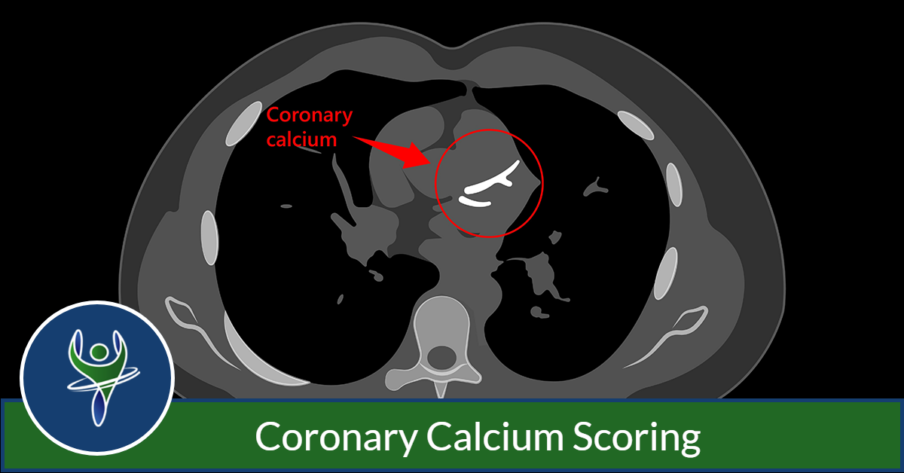Why Know Your Coronary Calcium Score?
Simply put, a heart scan can save your life.
The coronary arteries are the vessels that supply oxygen-rich blood to the heart. Plaque, made of fat, calcium and other substances, can build up and narrow or even close the arteries.
Heart disease is the leading cause of death of both men and women in the US. Most people who suffer heart attacks have only average or slightly elevated cholesterol. Even in people with cholesterol levels as low as 180, heart attack is still the leading cause of death.
Calcification in the heart's arteries is the earliest indicator of a buildup of plaque in the walls of these arteries and a sign of potential coronary artery disease (CAD). Many people with plaque or calcium deposits clogging their heart's blood vessels do not have any symptoms or warning signs that they may be in danger of having a heart attack.
To detect this build-up, your medical provider may recommend a Computed Tomography (CT) Coronary Calcium Scoring scan to diagnose heart disease before you may have other symptoms. A calcium score is calculated based on the amount of plaque observed in the CT scan. It may be converted to a percentile rank based on your age and gender.
The purpose of the test is to understand your risk of heart attack or disease, taking preventive or corrective measures based on the results.
When would I get a Coronary Calcium Score?
Your medical provider may recommend undergoing a coronary calcium scoring scan to:
- detect coronary artery disease at an early stage when there are no symptoms
- calculate future risk of a heart attack
- help prevent a fatal heart attack
- determine medical treatment plans if blockages are present.
This low dose Computed Tomography (CT) exam of the heart calculates your risk of developing CAD by measuring the amount of calcified plaque in the coronary arteries. Plaque or calcium build-up in the coronary arteries causes heart disease or may lead to a heart attack. The coronary calcium scan is a better predictor of coronary events than cholesterol screening or other risk factor assessments.
What Will I Experience?
A technologist will position you on the CT examination table, lying flat on your back. Pillows and straps may be used to help you maintain the correct position and to hold still during the exam.
Small electrocardiogram (EKG) electrodes will be attached to your chest and to an EKG machine that records the electrical activity of the heart. This makes it possible to record a CT scan when the heart is not actively contracting.
Then, the examination table will move slowly through the scanner as the actual CT scanning is performed. You will be asked to hold your breath periodically throughout the scanning for 5 to 10 seconds durations while images are recorded.
Typically, a CT coronary calcium scoring takes approximately five minutes to complete.



